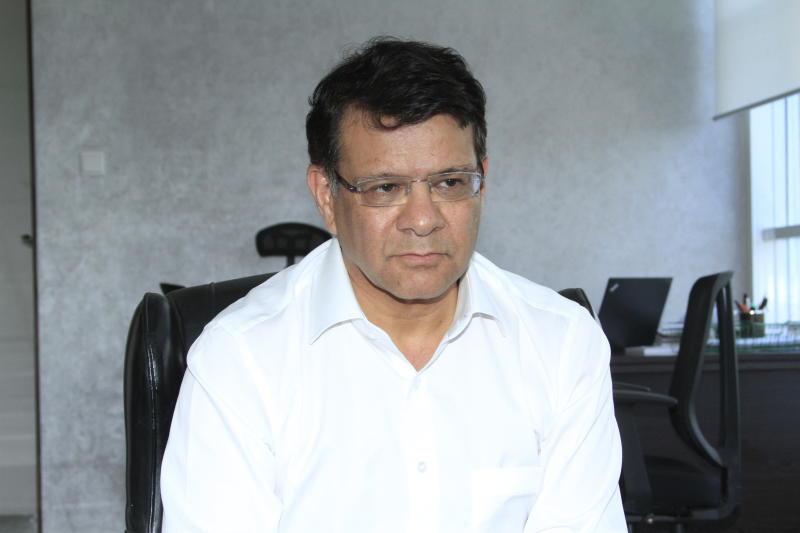×
The Standard e-Paper
Stay Informed, Even Offline

On a rainy Friday evening in May 2016, a tense Pradeep Paunrana, the man who had driven ARM to the second biggest cement maker in the region, welcomed guests at a cocktail his company was hosting at Nairobi’s Serena Hotel.
Big names in the Kenyan business scene topped the list of invited guests. There were investment analysts, bank executives, public relations professionals and journalists.